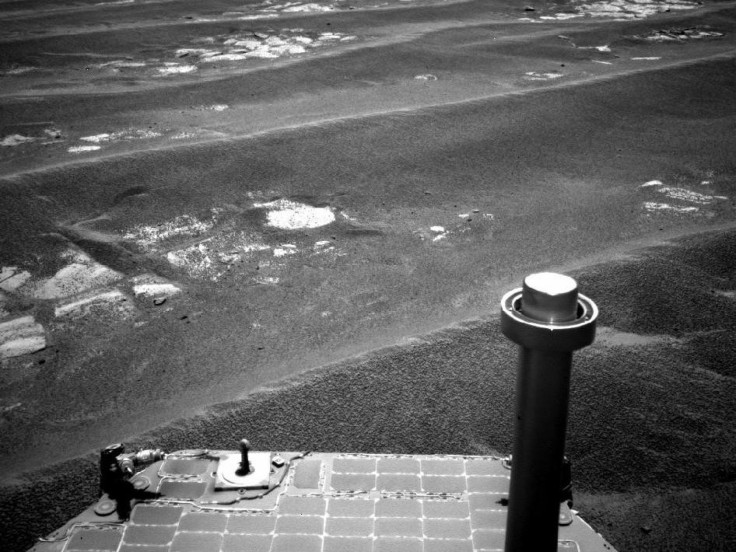NASA's New Mars Rover Ramps for Launch [VIDEO]

NASA is moving closer to launching its 4th rover on a mission to Mars that will investigate whether Mars is, or whether it has been hospitable to microbial life.
Scientists and engineers were piecing together some of the final components to the new rover, dubbed Curiosity, on Saturday as it ramps up for a high-stakes launch in November.
The $2.5 billion dollar rover is more advanced than the Pathfinder, Spirit and Opportunity that roamed the red-planet in past years.
"Mars is firmly in our sights," said NASA Administrator Charles Bolden. "Curiosity not only will return a wealth of important science data, but it will serve as a precursor mission for human exploration to the Red Planet."
Curiosity will house a fully-fledged science laboratory that can perform real-time tests on the planet, making it the most sophisticated unmanned spacecraft ever built .
Its 10 science instruments include two for ingesting and analyzing samples of powdered rock that the rover's robotic arm collects.
While previous rovers have identified that water has indeed flowed on Mars, Curiosity will look for clues of organic compounds necessary for life.
But long-term preservation of organic compounds requires special conditions. Certain minerals are good at latching onto organic compounds and protecting them from oxidation.
Because of it, NASA chose the crater Gale to land the craft.
"Gale gives us attractive possbilities for finding organics, but that is still a long shot," said Michael Meyer, lead scientist for NASA's Mars Exploration Program at agency headquarters. "What adds to Gale's appeal is that, organics or not, the site holds a diversity of features and layers for investigating changing environmental conditions, some of which could inform a broader understanding of habitability on ancient Mars."
The five-ton mobile laboratory is slated to blast off onboard a United Launch Alliance Atlas V rocket between Nov 25 and Dec.18, embarking on a nearly 9 month journey.
It's expected to arrive on Mars next summer.
NASA's Jet Propulsion Laboratory in Pasadena manages the mission for the agency's Science Mission Directorate in Washington. JPL is a division of Caltech.
© Copyright IBTimes 2025. All rights reserved.





















